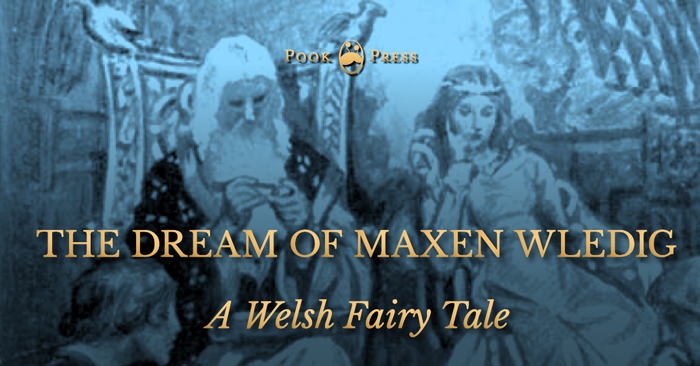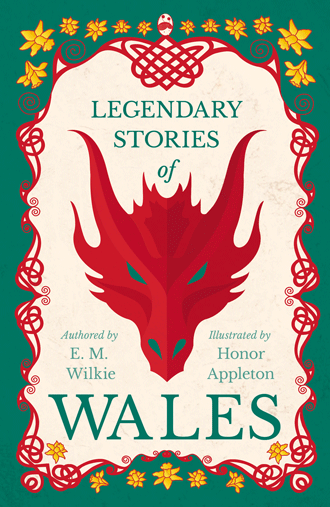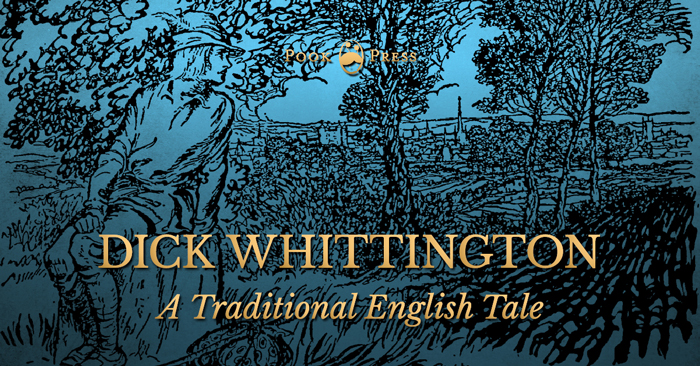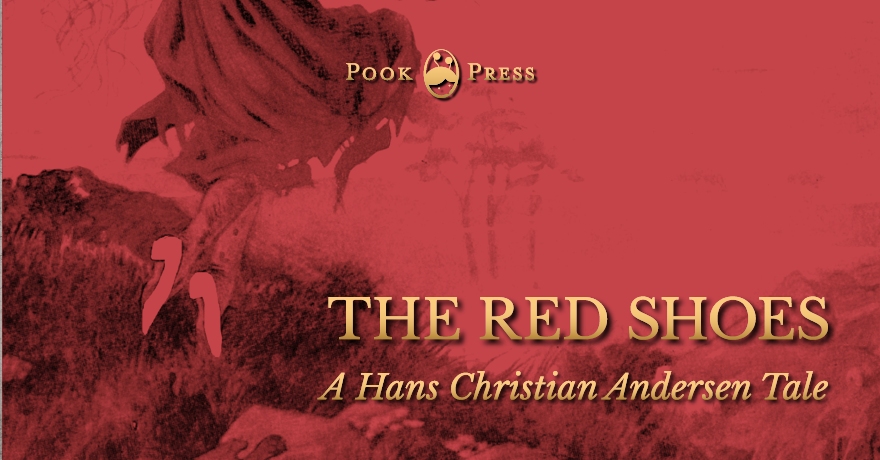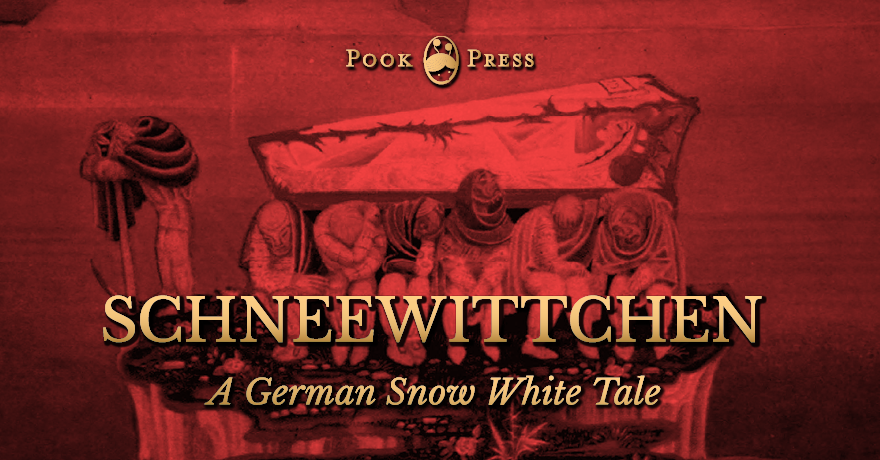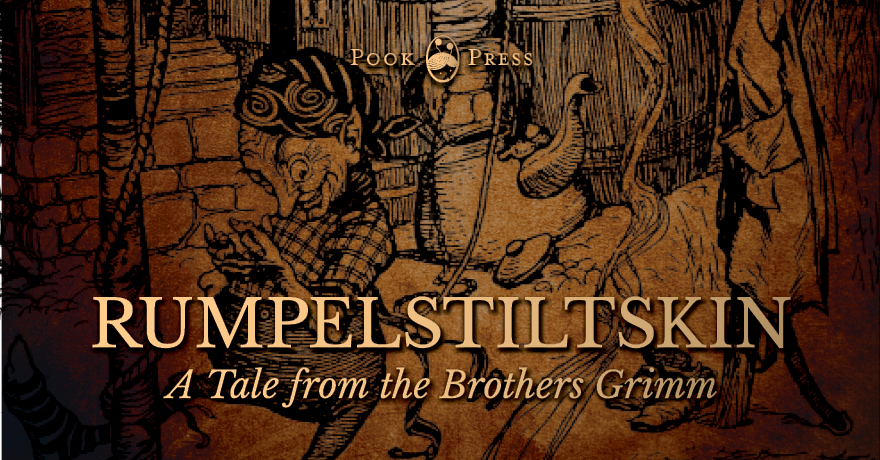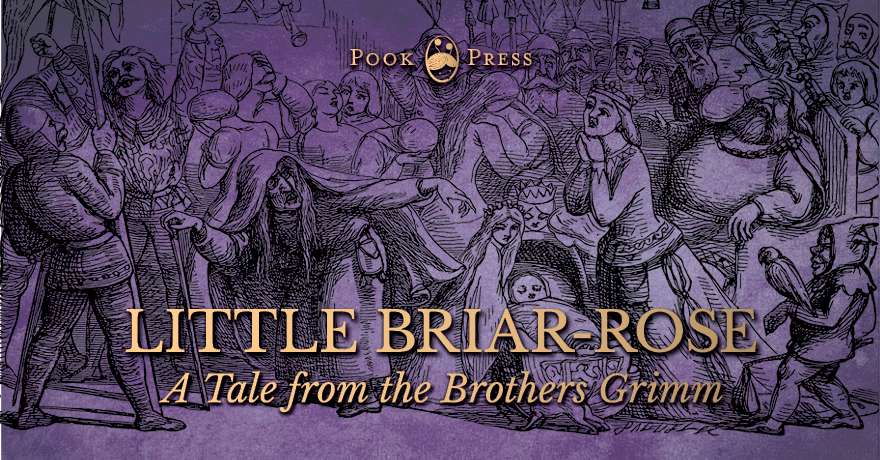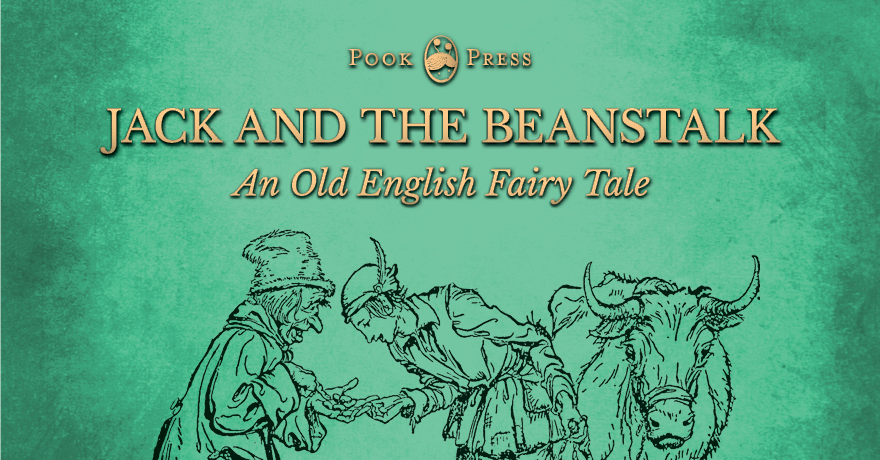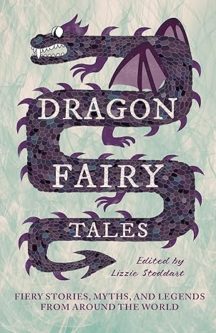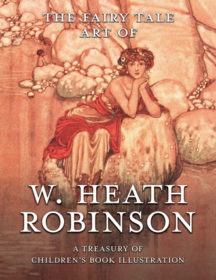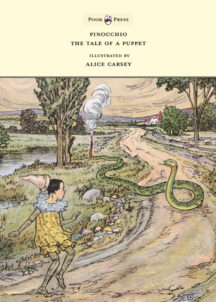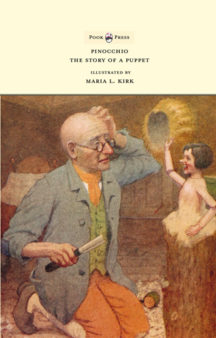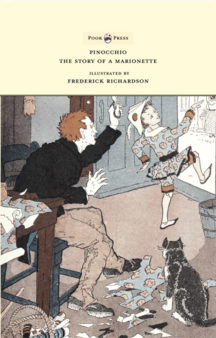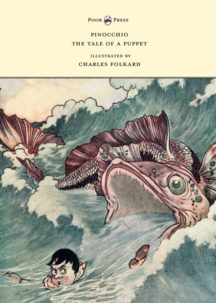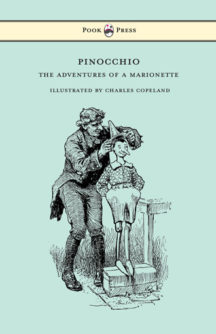The Dream of Maxen Wledig – A Welsh Fairy Tale
An afternoon nap on a hot summer’s day, a beautiful game of chess, and the fairest lady in all the world
The Dream of Maxen Wledig
– A Welsh Fairy Tale –
MAXEN WLEDIG was Emperor of Rome. Before his day there had never been a better ruler, men said, for in all things he was just.
He was a great hunter, and whenever he had time to spare he went into the woods and valleys for his favourite sport. And when he was out hunting one day he met with a strange adventure.
It had been a very hot morning, and towards midday he felt sleepy. His attendants made a shelter for him by propping up their spears and resting their shields against them. Here with a hunting cloak rolled up for a pillow he fell fast asleep, and soon began to dream.
He thought he was standing looking towards the sunset, and that there rose before him a huge range of mountains which he knew he must cross. He climbed to a gap in the great ridge, and saw a long plain that stretched as far as the eye could see. Here and there towns were built, towers rose in the midst of groups of houses, rivers wandered through the land to where, in the farthest distance, shone a little strip of silver that Maxen Wledig knew must be the sea. In his dream he set out to cross the plain, following one of the rivers, and came at last to a great port built at the river’s mouth. Ships lay alongside the wharves; other ships lay at anchor in the roads outside the harbour. He noticed one, larger than all the others; the planks of its hull were alternately silver and gold; its sails were of silk, and a bridge made of a whale’s bone led from its deck to the shore. He went on board. Immediately the bridge was withdrawn and the ship set sail and left the harbour.
It sped on before a fair wind, and arrived at last at a huge rugged island, washed by wild grey seas. Here he landed, and traversed the place from shore to shore, passing many fine castles and little towns, going through deep woods and over steep mountains, and no man paid any heed to him.
When it seemed that he had been travelling a long while he caught sight of a splendid palace built on a hillock, and towards this he made his way. The door stood open; he went in, and found a hall furnished with golden seats and silver tables. Seated at one of these were two auburn-haired young men playing chess on a silver board with golden chessmen. Beyond them was a white-bearded man, who sat carving chessmen from a bar of gold, and by his side sat the loveliest maiden Maxen Wledig had ever beheld. She was dressed in white and wore a chaplet of gold; her robe was fastened with golden clasps and girt with a golden girdle studded with rubies. She rose to meet the Emperor and stretched out her hands to him, and he dreamed that they embraced each other and then sat side by side.
At that moment the jingling of the horses’ harness, as they stirred restlessly, and the sudden barking of one of the hounds woke Maxen Wledig. He sat up and looked round him, and knew that henceforth his delight in ruling his great land justly, his joy in hunting, his interest in all he saw and knew, were gone completely until he should have the maiden of his dream for his wife.
He sat so long that one of his pages came to him and said: “Will you not come and eat, my lord? It is well past the hour for a repast.”
At this he roused himself and mounted his horse, but as he rode homeward he was the saddest man in all his domain.
For a week or more he spoke hardly a word; he scarcely answered when anyone ventured to speak to him; he left his food almost untasted; he had no interest in life except to sleep, and as often as he slept he dreamed of taking that same journey and seeing the maiden once more.
The Emperor’s household were all very much distressed and puzzled. The wiser among them saw that he would not long keep men’s loyalty and affection if he neglected his great empire. They therefore took counsel together.
One said: “It is some magic that has overtaken him in the wood. We should seek the advice of clever magicians.”
Another said: “No, it is some strange sickness.”
Then Sel, his favourite page, spoke. “Though it cost me my life I myself will go and question the Emperor and try if by any means we may help him. We must know the disease before we look for a remedy.”
He went at once to find the Emperor, who was sitting idly at a window overlooking the city. He did not move when Sel came in and knelt at his feet.
“Dear lord,” Sel began, “have I your leave to speak?”
The Emperor nodded, scarcely noticing who it was.
The page spoke on in a clear and warning voice. “Emperor of Rome, though your rule has been praised, yet the time is at hand when all men will speak ill of you and despise you.”
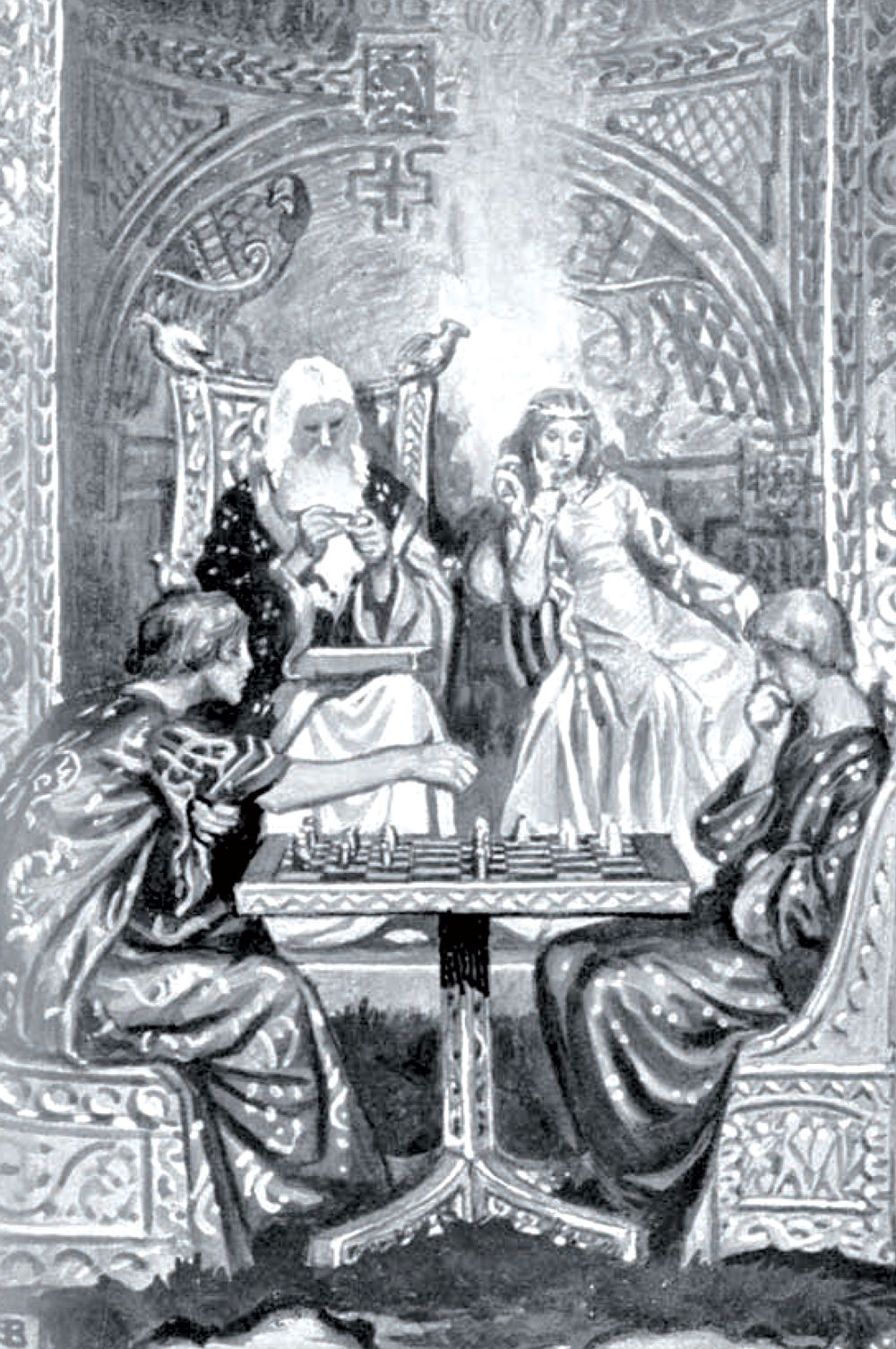
To dare to speak thus to one so great might have meant death, but Sel loved his master more than his own life and was determined to rouse him at any cost.
The Emperor rose to his feet. “Who dares to say I may be despised?” he cried.
“I say so!” Sel answered fearlessly. “How will you keep men’s love when you refuse to speak with them? How will you rule when your desire is to sleep or to sit alone in a day-dream? My lord, will you not tell me the cause of this change that has come over you, even though for my boldness you may destroy me?”
“O Sel,” said the Emperor, “you speak truth. Why should I seek to punish you for doing so? All my joy in my possessions and my followers has gone. I am no more a king.” And he told Sel the story of his dream.
Sel listened to the end; then he said: “Will you not ask help of your wise men and send to seek for the maiden of your dreams? Surely she is alive somewhere in the world to-day!”
So it came about that Maxen Wledig was roused to take on, once more, the rule of his empire, while three bands of messengers went into three quarters of the earth to seek the lady whom the Emperor loved.
Time passed. At the end of a year the messengers returned, one after another, and all brought the same tidings—nowhere had they come upon any news of such a maiden living in such a palace. When the last messenger had returned Maxen Wledig grew very sorrowful, and again became listless and silent.
Again Sel came to him. “Go out hunting, my lord,” said he, “as you did on the day when you first dreamed of the lady, find the very spot where you lay to rest, and show me in which direction you set off’ on your i journey.”
The Emperor took his advice. Together they found the place, and there they stopped. “I dreamed that I set off in this direction,” Maxen Wledig exclaimed, pointing to the north-west.
Once more a band of messengers set out, taking their course carefully by the stars and turning aside only for great obstacles, and they reached the distant sea-coast. Here they took ship and, still steering north-west, arrived in the island of Britain. They went ashore, and journeyed on till they came in sight of the great wild mountains which are called Snowdon, and beyond they found the hall, just as the Emperor had described it, and within the two youths and the old man and the maiden.
“Our search is at an end,” they said. “Beyond any doubt this is the place which our master saw in his dream. Let us enter boldly and greet the beautiful lady who is one day to rule over us.”
They went at once to her, and kneeling before her they said: “Hail, Empress of Rome.”
“You seem grave and honourable men, and by your dress you are messengers who come in peace, for I see each wears a sleeve on his cap; yet it appears that you mock me,” she answered.
“Nay, lady, we come from our master, the Emperor of Rome, who has seen you in a dream and has now no joy left in life till he finds you. He sends you greeting, and begs that you will choose whether you return with us to Rome or whether you will wait till he himself comes to claim you for his wife.”
“You tell a strange tale,” she replied. “I know not Whether to believe it or not. I therefore choose to wait here in my father’s house till the Emperor himself comes to seek me.”
The messengers rode back as swiftly as they could. When their horses were weary they did not wait to rest them but bought others. As soon as they reached Rome they took their tidings to Maxen Wledig. “I will go at once to seek her,” he cried joyfully.
“And we will return with you as your guides,” said the messengers, “for we know the way and the name and kindred of the maid.”
The Emperor set out with his army and marched northwest. Everywhere the people of the countries outside his dominions did homage to him. When he reached the island of Britain he had no difficulty in establishing his rule there, and he soon came to the mountainous region and found the palace just as he had seen it in his dream.
He went boldly in. There sat Kynan and Adeon, playing chess; beyond was their father, Eudav, carving chessmen, and near him was Helen, his beautiful daughter.
Maxen Wledig went to her and stood before her and cried: “Hail, Empress of Rome,” and, as in the dream, she held out her arms to him, and they embraced and sat down side by side, for they had much to talk about, and her father and brothers had many questions to ask.
Not many days after Maxen Wledig and Helen were wedded with much grandeur, and on their wedding day the Emperor made Eudav and his two sons rulers of Britain.
It is said that Maxen Wledig built castles at Caer-marthen and Gaerleon, and that he lived in the isle of Britain a long while and found it very pleasant. Roads too were made so that he and Helen could travel the more easily. At length he set out for Rome with his bride, and the two journeyed happily, receiving great honour as they went.
About the rest of the deeds of the Emperor this story is silent, for it tells only of his dream and how he had the fairest lady in all the world for his wife, and how they loved each other all their lives long.
* * * * *
This story was taken from the book:
Legendary Stories Of Wales – Illustrated by Honor Appleton
This collection, Legendary Stories of Wales is written by E. M. Wilkie, and illustrated with the stunning drawings of Honor Appleton. It contains a total of fifty-seven classic Welsh tales, ‘told through the ages’ – including those inspired by Ancient Greece and Rome, the Celtic past, King Arthur, Chaucer, Shakespeare, Dante, George Eliot, and many more. As Wilkie informs his reader… ‘many of them are well known… some are out-of-the-way tales… and a few, probably, have never been written down before.’

